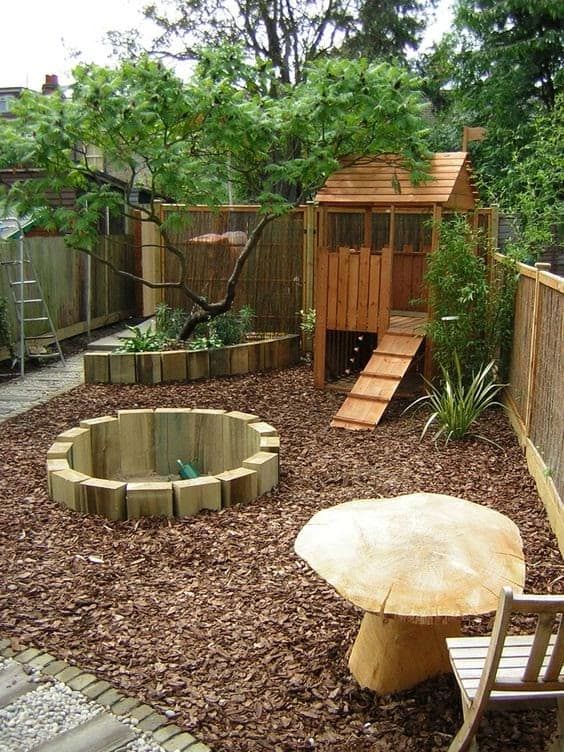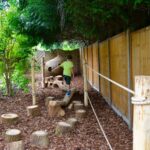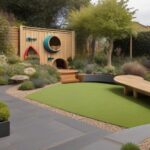Gardening is a wonderful way to engage children with nature and teach them valuable skills. Designing a garden specifically for kids can make the experience even more enjoyable and educational. One important factor to consider when designing a garden for kids is the layout. Creating designated areas for different activities, such as planting, watering, and harvesting, can help children stay organized and focused.
Incorporating colorful and whimsical elements into the garden design can also make it more appealing to children. Brightly colored flowers, fun garden decorations, and unique planters can add a sense of playfulness to the space. Additionally, choosing plants that are easy for kids to care for and that grow quickly can keep them engaged and excited about the garden.
Another important aspect of garden design for kids is creating opportunities for sensory exploration. Plants with different textures, scents, and tastes can provide a multi-sensory experience that will captivate children’s interest. Additionally, incorporating features such as a water feature or a sensory garden with plants that make noise or have interesting shapes can provide more opportunities for hands-on learning and fun.
Including a dedicated play area within the garden design can also enhance the experience for kids. Adding a sandbox, a swing set, or a climbing structure can provide children with a space to play and relax in between gardening activities. Having a comfortable seating area where kids can sit and observe the garden can also encourage them to spend more time outdoors.
Involving children in the design process can make the garden feel more personal and special to them. Allowing kids to help choose plants, design the layout, and add their own creative touches to the garden can foster a sense of ownership and pride. Encouraging kids to take on responsibilities such as watering, weeding, and harvesting can also teach them valuable skills and instill a sense of accomplishment.
Overall, designing a garden specifically for kids can create a fun and educational outdoor space that children can enjoy for years to come. By incorporating elements that appeal to children’s senses, creating designated areas for different activities, and involving kids in the design process, parents and educators can help children develop a love for gardening and nature. With a well-designed garden, kids can learn about the natural world, cultivate a sense of responsibility, and experience the joy of growing their own food and flowers.













